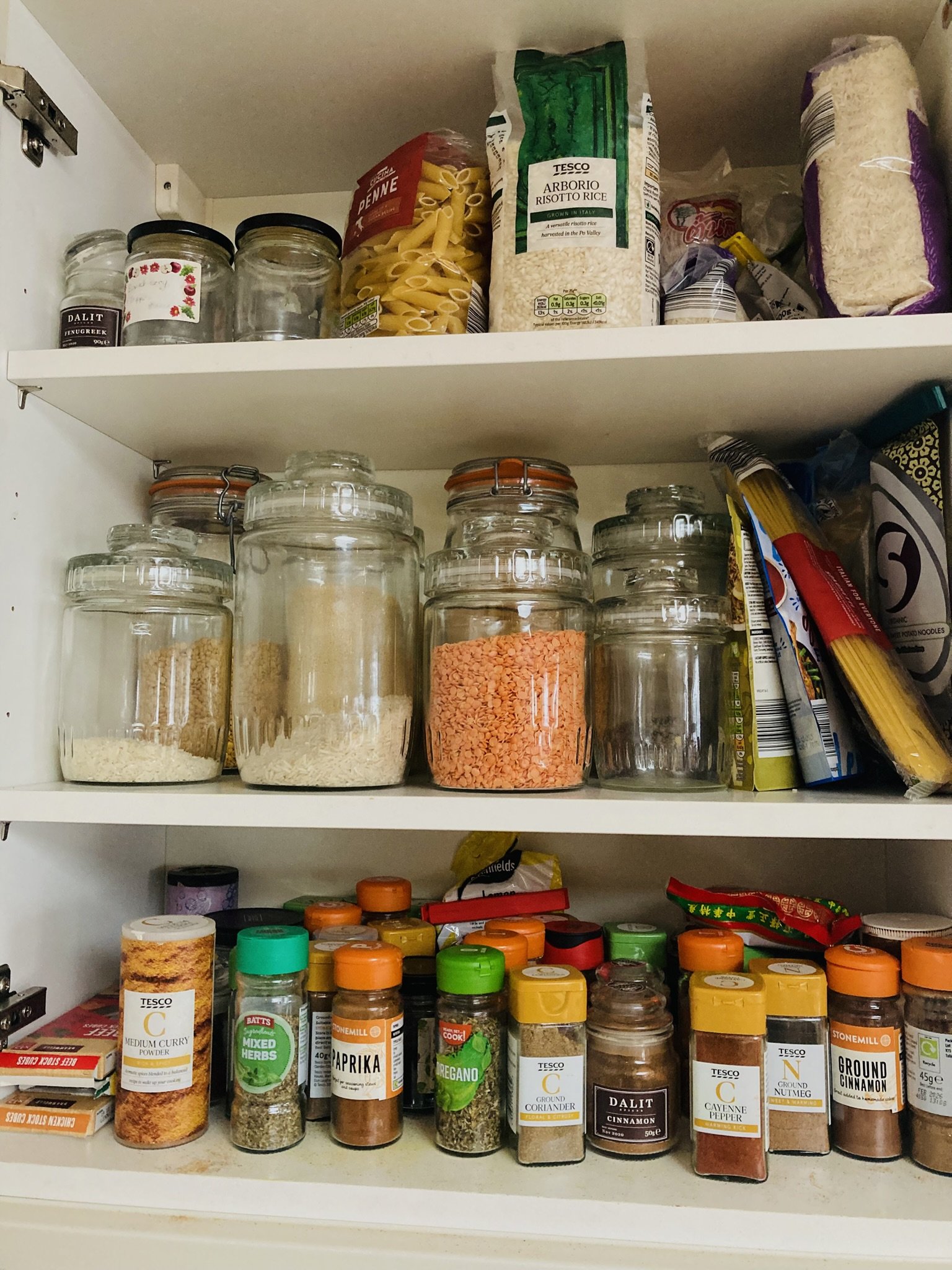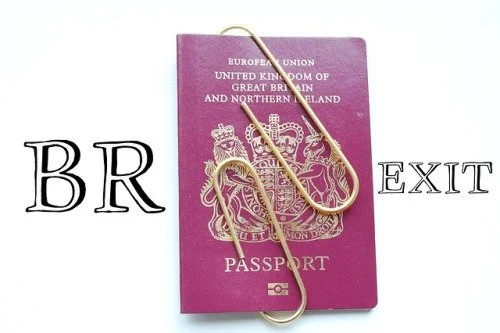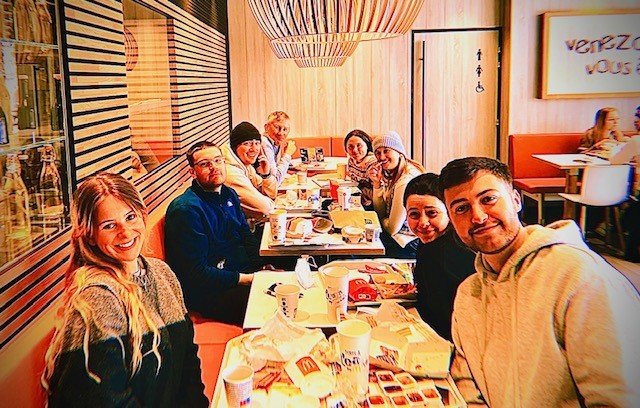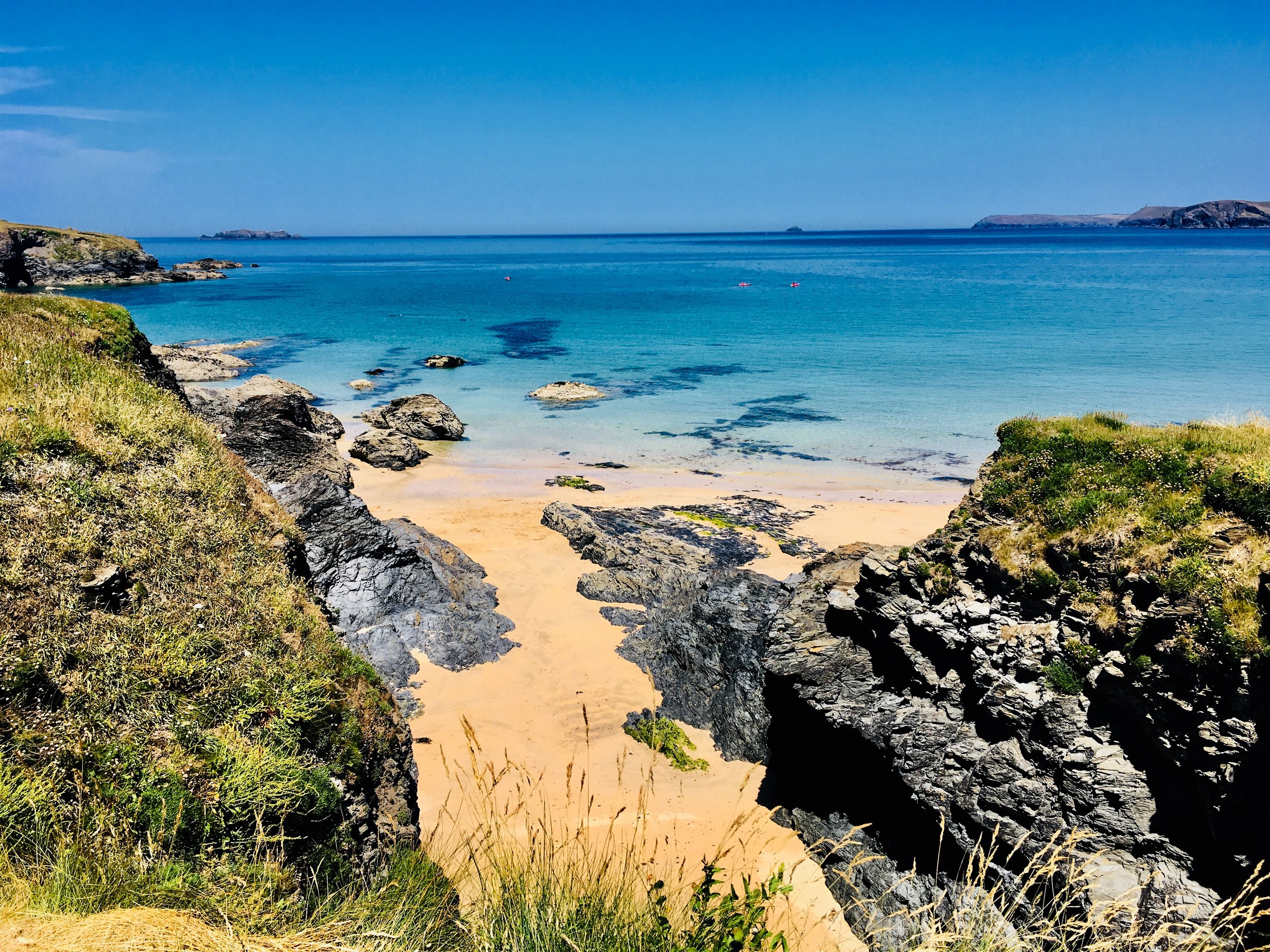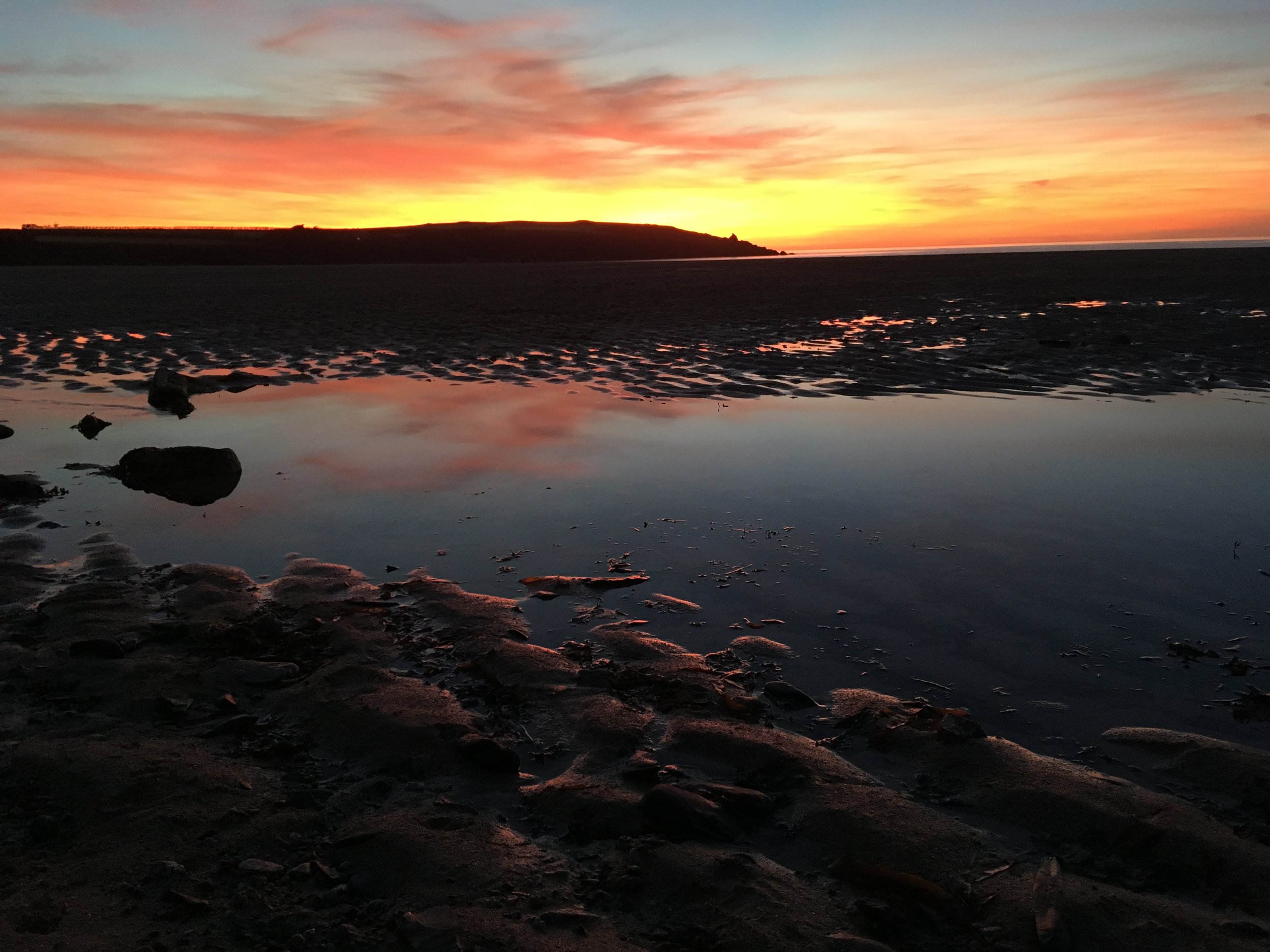So, you’ve made it to university, survived your first grocery trips, got your kitchen stocked with all the essentials, and even started meal prepping like a boss. And surprise you’re actually enjoying cooking.
Let’s keep that momentum going and take your kitchen game from basic to bold. Time to talk about cooking with confidence, winging it in the kitchen, and making meals that’ll have your flatmates convinced you’re the next Jamie Oliver.
Step 1: Embrace the Chaos
What happens when your recipe calls for something your corner shop doesn’t stock, or when you’ve got random leftovers, like half a jar of pesto or some sad-looking herbs? That’s when the real fun starts. Cooking instinctively is all about experimenting. Yes, you might mess up, but trial and error is where the magic happens (and where the funniest kitchen stories are born).
Step 2: Freestyle Cooking for Beginners
There’s no secret handshake or certificate to tell you when you can start freestyling your cooking. It’s all about courage, curiosity, and a pinch of creativity. Here’s how to get started:
Hang Out in the Kitchen: The more time you spend cooking, the more natural it feels. Channel your inner MasterChef by watching cooking shows or scrolling through recipes for inspiration.
Make Mini Tweaks: Add new spices, swap out ingredients, or double down on garlic (you can never have too much garlic).
Trust Your Taste Buds: Taste as you go, don’t just follow a recipe blindly. A little salt and pepper can work wonders.
Invest in a Meat Probe: Goodbye, guesswork. Hello, perfectly cooked chicken.
Step 3: Recipes Are Guidelines, Not Rules
We’re not here to banish recipes, they’re super helpful, especially when baking, but cooking is an art. Think of recipes as your stabilisers until you’re ready to ride solo.
If you’re feeling adventurous, try cooking without measuring every ingredient. It’s scary at first, but it’s also a total game-changer.
Step 4: Cooking = Social Superpower
Cooking isn’t just about feeding yourself it’s also about making memories. Host a flatmate curry night and snap some goofy pics for Instagram, or blow your family away when you’re home for the holidays with your new chef skills. Whether it’s a simple pasta dish or a full-on roast dinner, there’s nothing like the pride (and bragging rights) that come with a meal well-cooked.
Final Thoughts
Cooking with confidence isn’t about being perfect it’s about having fun, experimenting, and learning as you go. And hey, if your first few attempts end in soggy pasta or super spicy noodles, that’s all part of the journey. Think of the kitchen as your new playground. And get creative, make mistakes, and enjoy every delicious (or hilariously bad) bite along the way.
We hope you’ve enjoyed this series of friendly student survival blogs. Now it’s time to go forth, grab that wooden spoon, and show your uni kitchen who’s boss. You’ve got this!



























